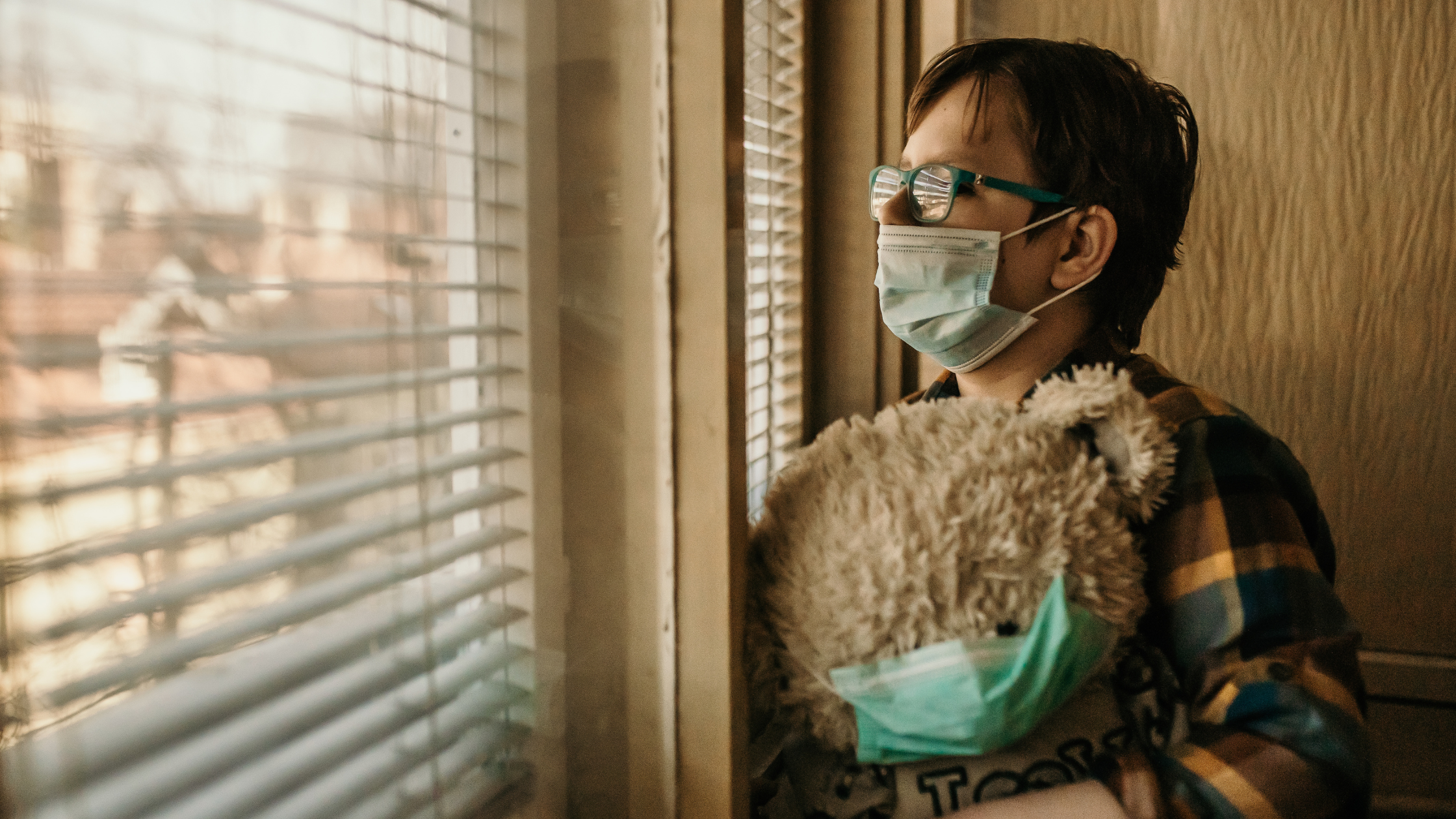The COVID-19 pandemic changed nearly every aspect of daily life, from how we work and socialize to how we manage stress and health. One of the more subtle yet impactful shifts many people experienced during this time was a change in sleep patterns. With altered routines, heightened stress, and a global increase in screen time, sleep has been significantly affected. As a result, many people have found themselves sleeping less, dealing with disrupted sleep, or even developing sleep disorders.
Sleeping issues have been a staple of conversation surrounding the pandemic. COVID-19 is far from over, just as far as people still contracting the disease. However, the social ramifications of the pandemic will probably far outlast the dangers that the virus pose.
One of those consequences is sleep. Coronasomnia is a term used for the new onset of sleep issues that correlate specifically with the onset of the pandemic. Sleep deprivation was already a problem prior to the onset of the pandemic. However, since COVID began, the additional stress, grief and anxiety that has come with the pandemic have compounded these sleep issues even further. Four out of ten people have reported sleep trouble during the pandemic, leading health experts to term this issue "coronasomnia". Continue reading to learn more about what coronosomnia is and what you can do about it if you are impacted.
COVID-19 unfortunately is far from being over. New strains seem to be arising quite often, and as life tries to get to a new normal, there always seems to be this imminent threat. Aside from the stress that causes, COVID itself causes many problems, particularly at night.
It's not new information that a connection exists between your immune system and sleep. So if your illness causes you to have trouble sleeping, then that could inherently make your immune system weaker, giving you more trouble fighting the virus and getting better. Here are a few COVID-19 symptoms that ruin sleep, and ways you can help yourself get the rest you need for a good recovery.
Sleep Disorders Related to Severe COVID-19 Outcomes
COVID-19 can present with varying levels of severity for anyone who contracts the virus. It is a respiratory virus that affects the lungs' ability to properly oxygenate the body. Some patients have no to mild symptoms while others have very severe symptoms that require respiratory assistance. Certain sleep disorders may be related to severe COVID-19, so it's important to know what these diseases are and how they can affect your prognosis.



